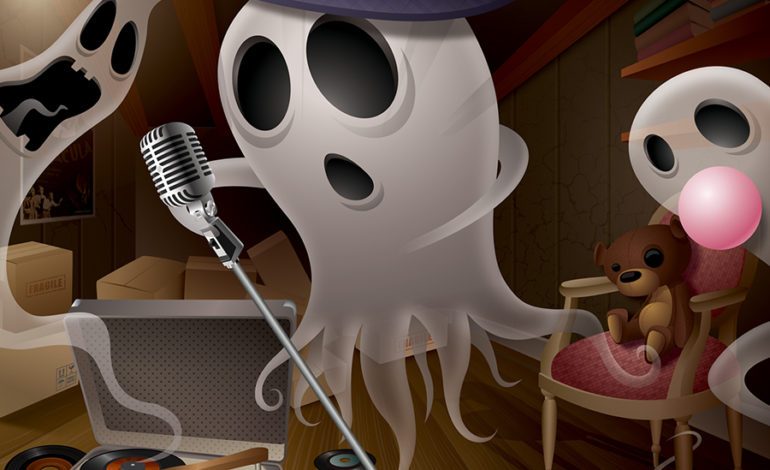

Blend of old and new
R. Stevie Moore is one of those artists that has been making music for so long that there is definitely no end in sight, whether he is releasing studio albums or what he calls “selected compilations.” Moore has explained this phenomenon by saying he has “sort of… two discographies: my own that contains all of my self-released material and the official releases, which are what record labels decided to put out over the years.” Regardless of this unique approach to releasing music, Moore is no stranger to the music scene, especially with his latest release Afterlife.
The album opens on “Irony,” which features vocals from Moore that are somewhat whispered throughout and backed with instrumentals that might stir up memories of the 1990s or early 2000s, specifically the theme song of a sitcom or something of that nature. As an opening track, it does a great job of creating a welcoming sound that is sure to make listeners want to hear more.
“Pop Music” is the next track on the album, and it continues to feature the same style of instrumentals from the opening track, however, Moore’s vocal style is a little more charged this time around, giving it a slightly different feeling. About one and a half minutes in, Moore starts to sound a little bit like David Bowie in the way he presents his vocals alongside a more dramatic guitar strum. It is reminiscent of Ziggy Stardust and some of the moments he created in his music.
About halfway through the album, Moore switches up the vibe a little, keeping the listener on their toes. The track “What Do I Do With the Rest of My Life?” is consistent with the album in the sense that there is something about it that feels nostalgic or that it is drawing inspiration from artists like Bowie or The Beatles. This particular track has similarities to some of the stuff The Beatles were releasing in the ’70s with the use of unique instruments and the layering of different sounds and vocal styles.
The common themes throughout this album should be celebrated, although some tracks just don’t seem to meet the mark. One in particular is “Love is the Way to My Heart,” primarily based on the fact that from the second it starts it doesn’t feel entirely believable lyrically. Although it’s not his best work in that area, the guitar work is still noteworthy in that it sticks out among other qualities.
“Back in Time” wraps up the album and from the beginning, it feels like it was written and performed by Flight of the Concords. This isn’t necessarily a bad thing, but it definitely doesn’t fit in with the rest of the album, which is an interesting move for Moore seeing as it is the final track on the album. There is a dramatic nature to it that tends to make sense for the end of an album, but it can easily be argued that it is not the strongest track on the record.
